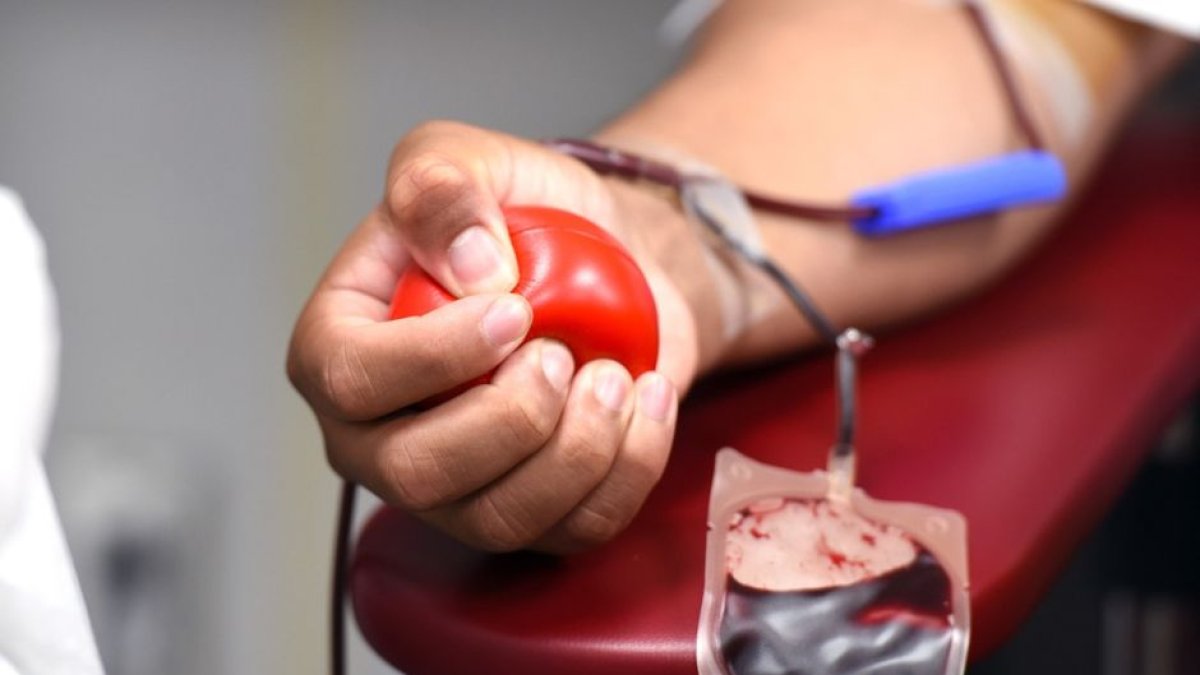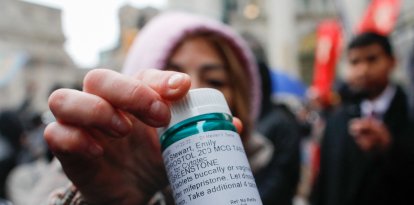FDA removes sexual abstinence restrictions that barred homosexuals from donating blood
The policy changes the 2020 rule that prevented donations from LGBT individuals who have had sex in the three months prior to donating.

(Pixabay)
The Food and Drug Administration (FDA) will allow homosexual and bisexual people to donate blood without the need to abstain from sexual intercourse in the three months prior to donation. This new policy eliminates the restriction established in 2020.
This policy had already been changed in 2015, the year in which the FDA allowed homosexuals to donate blood for the first time with a one-year abstinence requirement. Peter Marks, director of the FDA's Center for Biologics Evaluation and Research stated:
"Individual risk-based questions"
The final report recommended a series of "individual risk-based questions" to determine eligibility. These will be the same for all donors, regardless of sexual orientation or gender .
The agency argued that the change maintains the safety of the blood supply and avoids the risk of disease transmission. It also assured that they relied on the best scientific evidence to make the change. According to Marks:
Eligibility based on the number of sexual partners
All potential donors who report having sex with a new person or more than one person in the past three months would be deferred for three months to reduce the likelihood of transmissions of diseases such as HIV and others:
In contrast, a donor who claims to have had no new sexual partners but has had sex in the last three months with the same partner may still be eligible to donate if all other criteria are met.

























